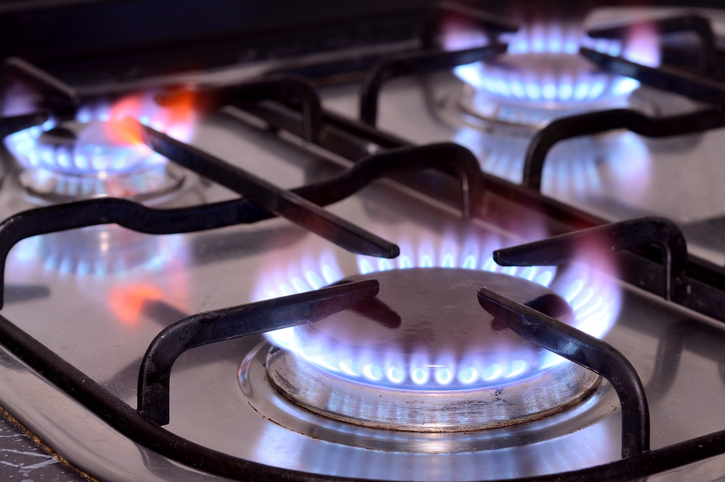Gas stoves in California homes are leaking cancer-causing benzene, researchers found in a new study published Thursday, though they say more research is needed to understand how many homes have leaks.
In the study, published in Environmental Science and Technology, researchers also estimated that over 4 tons of benzene per year are being leaked into the atmosphere from outdoor pipes that deliver the gas to buildings around California. And those emissions are unaccounted for by the state.
Eric Lebel is a co-author of the study and a senior scientist at PSE Healthy Energy, the nonprofit energy research and policy institute that conducted the research. He says that even low-level gas leaks can generate concentrations of benzene seven times California’s recommended exposure limits, and that these leaks can also affect outdoor air quality.

